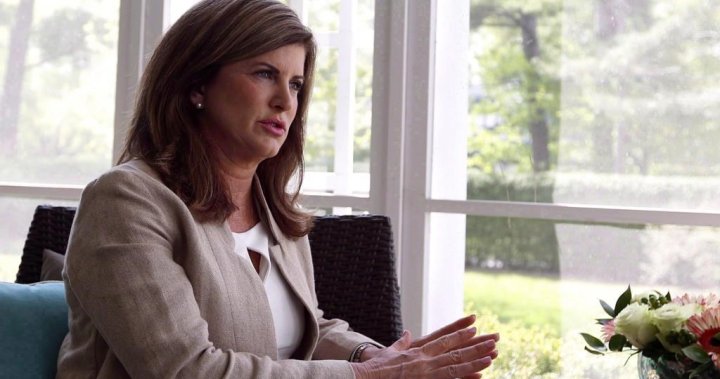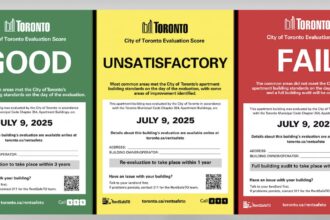As Alberta’s frustration with federal policies reaches a boiling point, former Conservative interim leader Rona Ambrose is sounding the alarm on what she describes as Ottawa’s chronic failure to acknowledge legitimate western grievances.
“When western alienation turns into western separatism, that’s a real problem,” Ambrose warned during a recent interview. “We’ve seen this build over decades, but the current disconnect between federal policies and Alberta’s economic reality has accelerated the sentiment that Ottawa simply doesn’t care.”
The seasoned political veteran, who represented the Edmonton area for over a decade, emphasized that western alienation isn’t merely political rhetoric but reflects deep-seated concerns about economic fairness and representation. According to recent polling by the Angus Reid Institute, nearly 60 percent of Albertans feel the province gets so little from Confederation that they might be better off separating—a figure that should trigger serious reflection in the nation’s capital.
Alberta Premier Danielle Smith has capitalized on this sentiment with her Alberta Sovereignty Act, which allows the province to refuse enforcement of federal laws deemed harmful to Alberta’s interests. Critics call it unconstitutional, but supporters view it as necessary protection against overreaching federal policies.
“The issue isn’t that Albertans don’t want to be part of Canada,” Ambrose explained. “The frustration stems from feeling like their economic contributions are taken for granted while their resource industries face what many perceive as targeted regulations.”
The province’s energy sector, which contributed over $20 billion to federal coffers last year alone, has become a particular flashpoint. Environmental policies like the federal carbon tax and emissions caps are viewed by many Albertans as deliberately undermining their primary economic driver without adequate consultation or transition support.
“Other provinces receive equalization payments funded in part by Alberta’s resource revenues, yet those same provinces often oppose the very infrastructure projects that would help Alberta get its products to market,” Ambrose noted, referencing the prolonged battles over pipeline projects.
Political analysts point out that this dynamic creates perfect conditions for provincial-federal tension. Dr. Jared Wesley, a political scientist at the University of Alberta, suggests the federal government has repeatedly underestimated the political consequences of policies perceived as unfriendly to western interests.
“It’s not just about policy disagreements,” Wesley said. “There’s a fundamental feeling that Ottawa doesn’t understand or respect the west’s economic realities.”
Ambrose proposed several concrete steps Ottawa could take to address these concerns, including reforming the equalization formula, expediting infrastructure approvals for critical resource projects, and establishing meaningful consultation mechanisms that give western provinces a stronger voice in policies affecting their economies.
“The frustration isn’t partisan—it spans political divides in Alberta,” Ambrose insisted. “This is about fairness within confederation and respecting provincial jurisdiction.”
As Canada navigates complex economic transitions and climate commitments, the question remains: can federal leaders find the political will to address western alienation before separatist sentiment gains further momentum, or will regional divisions continue to deepen in an increasingly fractured national landscape?










